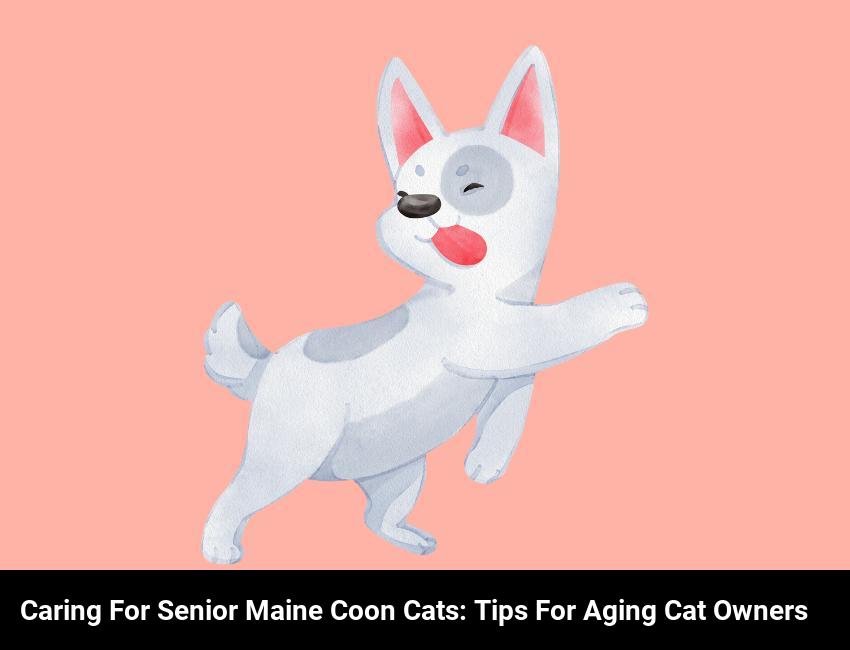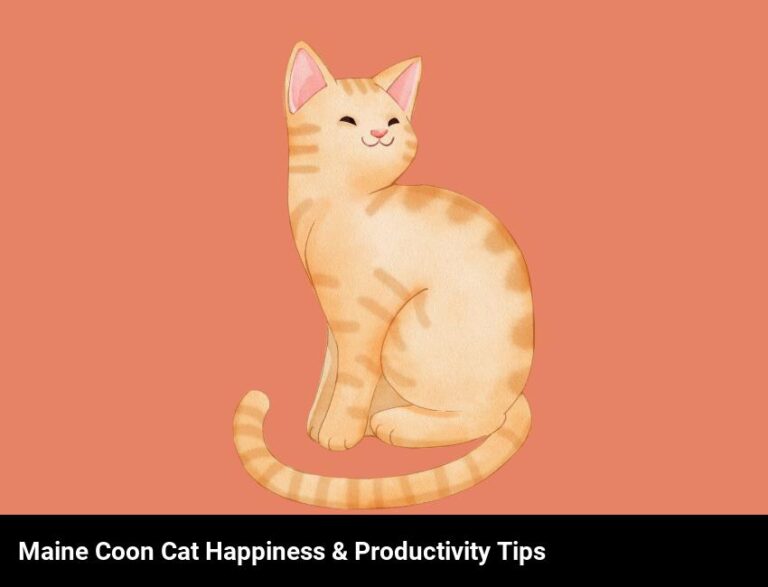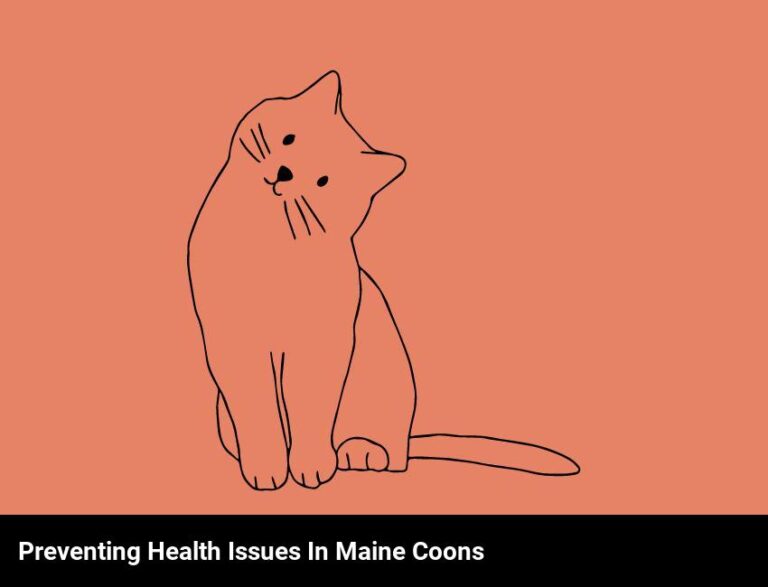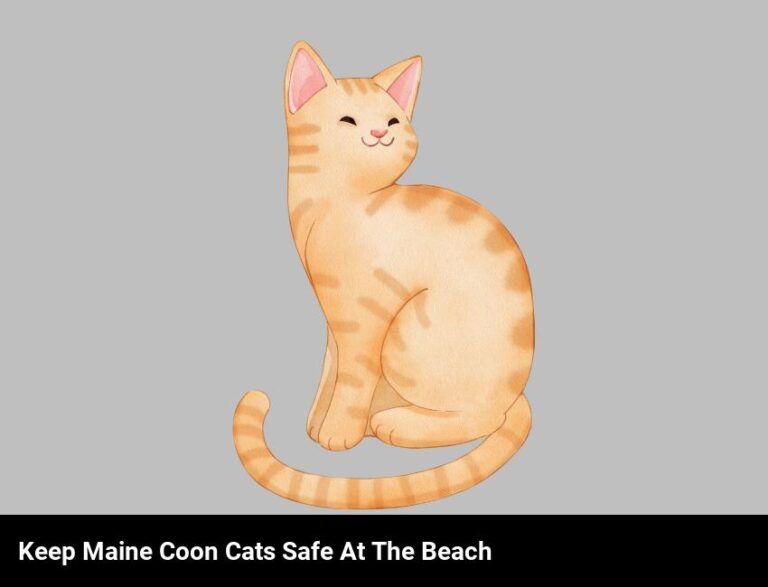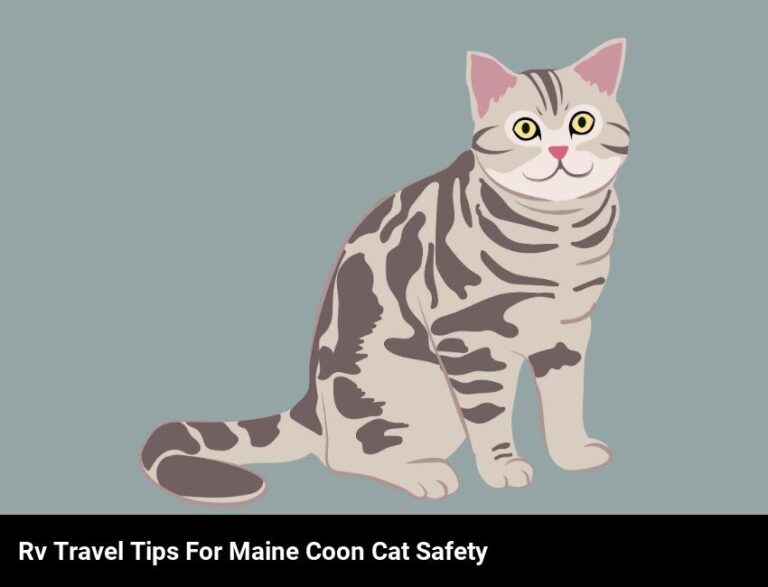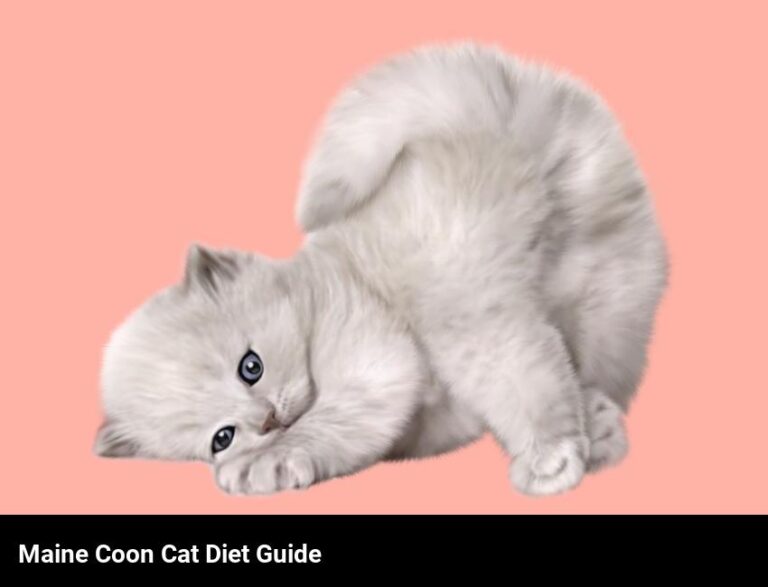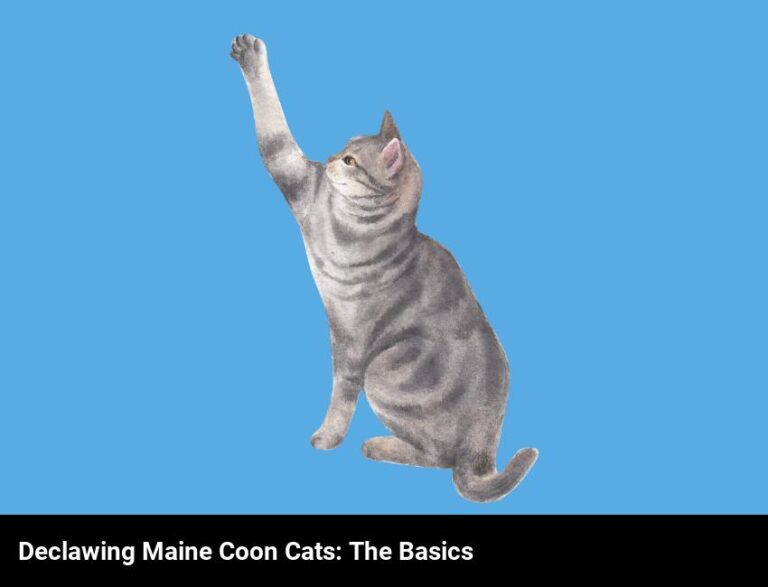Caring For A Senior Maine Coon Cat: Tips For Aging Cat Owners
Caring for a senior Maine Coon cat involves providing adequate nutrition, regular grooming, and regular veterinary visits. Additionally, be sure to provide your cat with litter box maintenance and plenty of love and attention. Monitor changes in behavior, and talk to your vet about any changes that may be related to age.
As a proud owner of a senior Maine Coon Cat, I understand the unique challenges of providing my beloved pet with the care and attention they need as they age. From managing common health concerns to creating an environment that is comfortable for my senior cat, I can attest that caring for a senior Maine Coon cat is no small feat.
Yet, with the right tips and strategies, aging cat owners can help ensure that their senior cats enjoy a long and healthy life. In this blog, I’ll provide advice and tips on how to best care for a senior Maine Coon Cat. I’ll provide detailed information on common health concerns, nutritional needs, environmental changes, stress management, signs of decline, and ways to show love and affection.
So, if you’re a proud owner of a senior Maine Coon Cat, or if you’re considering adopting one, keep reading to learn more about how to provide your senior cat with the care and attention they need.
What are the common health concerns for senior maine coon cats?
As senior Maine Coon cats age, it’s important for their owners to keep an eye out for potential health issues. While not all cats will suffer from the same ailments, there are some common health concerns that are seen in senior Maine Coon cats.
One of the most common health concerns among senior Maine Coon cats is arthritis. This can make it difficult for them to move around and can cause them to become more withdrawn or lethargic. If your cat is showing signs of difficulty jumping, climbing stairs, or getting up from a lying position, it’s a good idea to take them to the vet to check for arthritis.
Another common health concern for senior Maine Coon cats is kidney disease. This can be difficult to diagnose without the help of your vet, so it’s important to get regular check-ups for your cat to make sure they are healthy. Symptoms of kidney disease can include increased thirst, loss of appetite, and weight loss.
Senior Maine Coon cats can also suffer from loss of hearing and vision. If your cat is suddenly not responding as they used to, it’s a good idea to take them to the vet to get tested for hearing or vision loss.
Finally, it’s important to be aware of the potential for heart disease in senior Maine Coon cats. Symptoms to look out for include coughing, difficulty breathing, and lethargy. If your cat is displaying any of these symptoms, it’s important to take them to the vet for an exam.
By staying alert to the potential health concerns for senior Maine Coon cats, you can ensure that your cat has the best quality of life possible. Regular vet visits, exercise, and a healthy diet can help to keep your cat happy and healthy into their senior years.
How can i make sure my senior maine coon cat gets adequate exercise?
You can make sure your senior Maine Coon cat gets enough exercise by setting up a daily play routine. Make sure to give your cat plenty of interactive toys that will keep them engaged and moving. Try to make playtime fun and rewarding by providing treats or toys that your cat enjoys. Playing with your cat also provides your cat with important mental stimulation which can help keep them feeling young!
Another way to keep your senior Maine Coon cat active is by providing them with a scratching post or other ways to climb. Cats naturally like to climb, and providing your cat with a way to do this can help keep them healthy and active. You can also try to set up a small obstacle course in your house, which can provide your cat with plenty of exercise and sensory stimulation.
Finally, make sure to provide your senior Maine Coon cat with plenty of outdoor time if possible. Even if your cat is not an outdoor cat, they can still benefit from fresh air and exercise. Make sure to provide them with a safe and secure outdoor space that they can explore. Even if they don’t venture too far, they will still benefit from the outdoor stimulation.
By following these tips, you can make sure your senior Maine Coon cat gets the exercise and stimulation they need to stay healthy and happy. Remember to make playtime fun and rewarding for your cat, and provide them with plenty of outdoor time if possible.
What nutritional needs should i consider when caring for an aging cat?
As your Maine Coon cat ages, their nutritional needs and dietary requirements may change. To ensure that your aging cat is getting the nutrition they need, there are a few considerations you should keep in mind.
First, it’s important to make sure your cat is getting enough protein. Since cats are obligate carnivores, protein should be the primary source of their nutrition. Senior cats may need more protein in their diet than younger cats, so make sure that you’re providing plenty of lean protein sources.
Second, cats of any age require essential fatty acids. These are found in fish, flaxseed, and some plant-based oils. Omega-3 fatty acids, in particular, help your senior cat maintain a healthy coat and may help with arthritic pain and other age-related issues.
Third, senior cats will benefit from a diet that is low in sodium, sugar, and fat. Cats naturally have a low tolerance for sugar and sodium, and too much of either can cause health problems in your senior cat.
Finally, aging cats may require more fiber in their diets. Fiber helps your cat feel full, so it can help with weight management. Fiber also helps support digestive health, helping your cat to better absorb nutrients from their food.
Caring for an aging Maine Coon cat involves more than just meeting their daily caloric requirements – you also need to ensure their dietary needs are met. By providing high-protein sources, essential fatty acids, low sodium, low sugar, and a good amount of fiber, you can help ensure that your senior cat is getting the nutrition they need for a happy and healthy life.
What environmental changes can i make to ensure my senior maine coon cat is comfortable?
As a senior Maine Coon cat owner, you want to ensure your beloved pet is comfortable and happy. Here are some environmental changes you can make to ensure just that:
First, provide your cat with plenty of comfortable sleeping places. Senior cats tend to sleep more than younger cats, so be sure to have plenty of napping spots for your senior Maine Coon. Cat beds, heated mats, and even warm blankets will help your cat find a comfortable place to rest.
Second, make sure your cat has plenty of stimulating activities. Senior cats need to stay active, so provide them with plenty of toys and games. You can also set up a cat tree or cat condo with plenty of perches, which will help your senior Maine Coon stay active and engaged.
Third, make sure your cat has enough space. As cats age, they may need more space to move around. Make sure to keep your cat’s living area free of clutter and be sure to give your cat plenty of room to roam.
Fourth, create a safe and secure environment. Senior cats can be more prone to accidents and illness, so make sure to keep a close eye on your Maine Coon cat at all times. Place safety gates and ramps around your home and make sure to provide your cat with plenty of secure places to hide and sleep.
Finally, keep your cat’s living environment as stress-free as possible. Senior cats can be easily stressed, so try to minimize loud noises, strange people, and other potential stressors. Also, make sure to talk to your cat in a calm and soothing voice and give them plenty of love and attention.
By following these simple tips, you can make sure your senior Maine Coon cat is comfortable and happy. With some careful planning and a few simple environmental changes, you can keep your beloved cat content and healthy for many years to come.
How can i help my senior maine coon cat manage stress?
As an aging Maine Coon Cat owner, it’s important to recognize that senior cats may be more prone to anxiety and stress, so you’ll need to be particularly aware of environmental factors that could increase their stress levels. Here are some tips you can use to help keep your senior cat calm and content:
First, create a peaceful and comfortable environment for your cat. Make sure they have a safe and quiet space that’s all their own. Start by providing things like comfortable bedding, scratching posts, and interactive toys.
Next, establish a routine. Cats are creatures of habit, and having a consistent daily routine can be very calming for them. Feed them at the same time each day, groom them regularly, and take them to the vet for check-ups.
You can also try to reduce noise levels in your home, as loud noises can be very stressful for cats. Try to keep the volume of TVs, radios, and other devices low and avoid playing music that’s too loud.
In addition, limit your cat’s exposure to unfamiliar people, animals, and situations. If you have visitors coming over, make sure they’re aware of your cat’s needs and respect them.
Finally, make sure your cat gets plenty of physical and mental stimulation. Play with them daily, give them plenty of attention, and provide them with stimulating toys and activities that will keep them active and engaged.
By following these tips, you can help reduce stress and anxiety in your senior Maine Coon Cat and ensure they’re living a happy and healthy life.
What are some signs to look out for that could indicate a decline in health?
If you’re caring for a senior Maine Coon cat, you should be on the lookout for any signs that could indicate a decline in their health. Here are some warning signs to look out for:
- Change in Appetite: If your Maine Coon is eating less or not eating at all, it’s a sign that something could be wrong. Make sure to keep an eye on their eating habits and to contact your vet if you notice a change.
- Lower Activity Levels: A senior Maine Coon should still be quite active and playful. If you’ve noticed that your cat is sleeping more than usual or not engaging with you, it could be a sign of poor health.
- Weight Loss: Unexpected weight loss is a serious sign of ill health. If your Maine Coon is losing weight, it’s important to book a check-up with your vet as soon as possible.
- Changes in Grooming: Maine Coons are usually excellent groomers and take pride in their appearance. If your cat’s coat is becoming matted, it’s likely a sign of a decline in health.
- Changes in Behavior: If your Maine Coon’s behavior has suddenly changed, it could be a sign of pain or discomfort. Be sure to contact your vet to check for any underlying medical conditions.
Caring for a senior Maine Coon can be a rewarding experience. Be sure to keep an eye out for any signs of ill health and to contact your vet right away if you notice any changes in your cat’s behavior or appearance.
How can i best show my senior maine coon cat love and affection?
Showing your senior Maine Coon cat love and affection is an essential part of their care. To do this, it’s important to prioritize activities that your kitty enjoys, like spending time with you. Spend time each day petting them and brushing their fur, as this helps to build bonding and trust. Make sure to provide a comfortable spot for them to relax and take naps, like a sunny window sill or soft bed. You can also give them treats and catnip toys to show your love. Lastly, provide plenty of fresh water, food and a litter box to keep them healthy and content. By taking these steps, you can make your senior Maine Coon cat feel safe and loved.
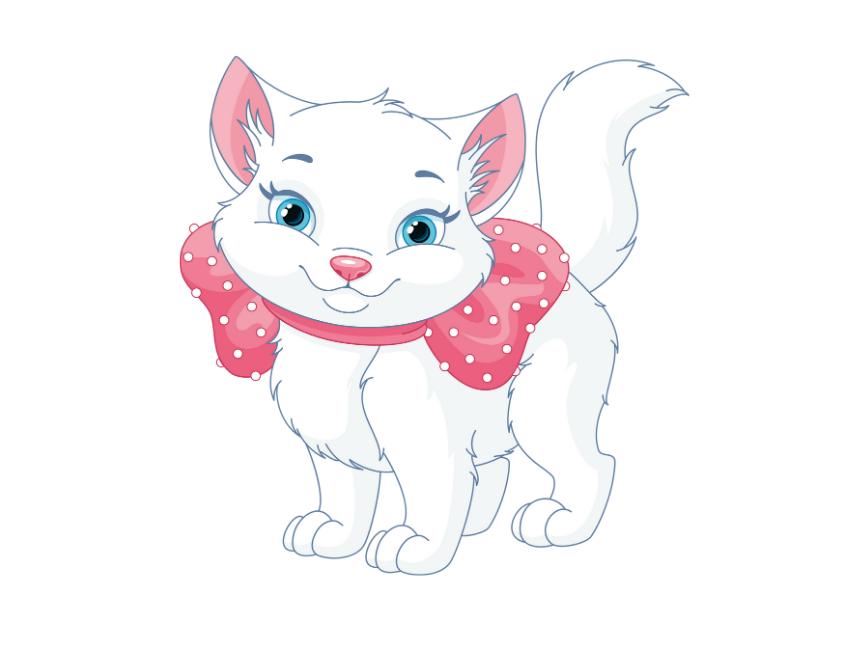
Frequently Asked Questions
What kind of environment is best for a senior maine coon cat?
The best environment for a senior Maine Coon cat is one that is calm and comfortable. Make sure to provide plenty of soft, warm beds and blankets to help support their joints. Keep the cat’s litter box and food close to their sleeping area so they don’t have to move around too much. Provide safe spaces to explore as well as plenty of interactive toys to keep them mentally stimulated.
How can i help my aging cat stay healthy and active?
There are a few simple steps you can take to help your aging cat stay healthy and active. Make sure your cat gets regular vet check-ups, as this can help detect any health problems early. Give your cat plenty of exercise and playtime, as this can help keep them active and alert. Additionally, ensure your cat has access to fresh, clean water and a balanced diet. Finally, provide plenty of love and affection, as it will help keep them feeling happy and content.
What should i look for to keep my senior cat’s coat healthy?
When caring for a senior Maine Coon Cat, look for signs of dry or dull fur, mats, and excessive shedding. Regular brushing is key to keeping your cat’s coat healthy, along with regular baths, regular nail trims, and a diet high in omega fatty acids. Also, look out for any changes in skin color, odor, and texture. If you notice any of these changes, it’s important to contact your veterinarian right away.
What are the best ways to show my senior maine coon cat love and affection?
Showing your senior Maine Coon cat love and affection is key to keeping them healthy and happy! Here are some of the best ways to do this: Give your cat plenty of attention, cuddle with them, talk to them in a gentle voice, provide them with cozy places to sleep, groom them regularly, and offer them treats as rewards for good behavior.

